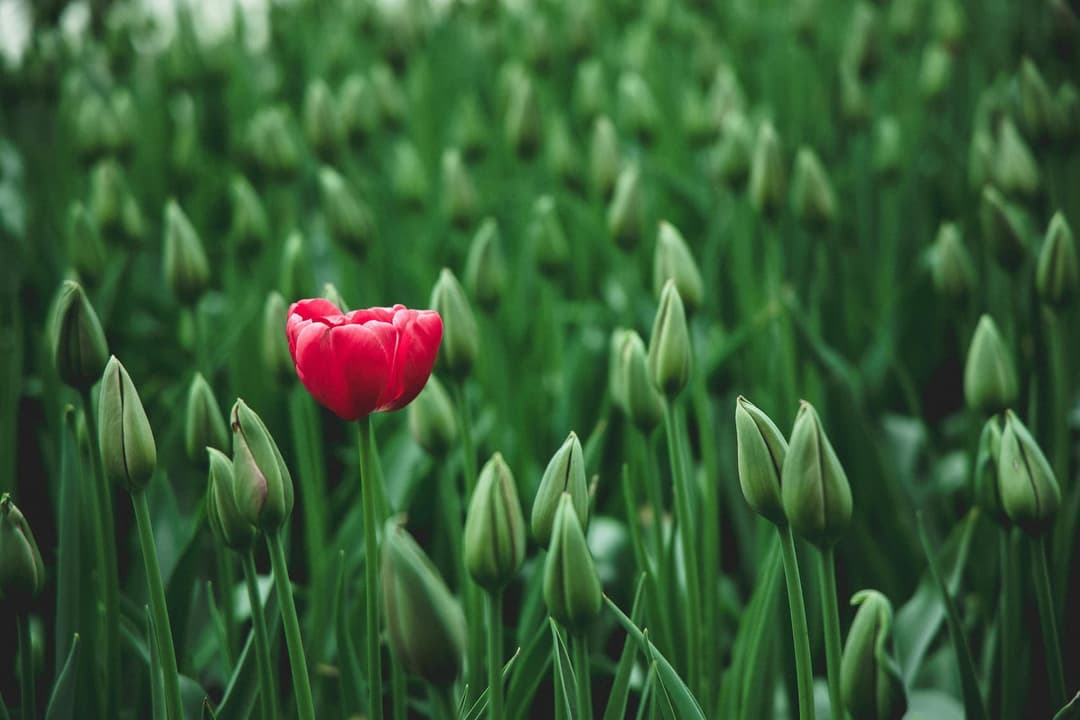Unlocking Fertility with Chinese Herbal Medicine: Exploring Its Impact on Fertility Outcomes

November 2, 2023
Essential Takeaways
- Regulation of Reproductive Function: Chinese herbal medicine has shown promise in regulating menstrual cycles and hormonal balance in women, potentially improving ovarian function and egg quality, while also positively affecting male fertility by enhancing sperm quality and quantity.
- Supportive Role in Assisted Reproductive Technologies: Integrating Chinese herbal medicine with conventional fertility treatments like IVF or IUI may enhance success rates, leading to increased pregnancy rates and potentially reduced risks of miscarriage.
- Holistic Approach to Fertility: Chinese herbal medicine addresses imbalances in the body, potentially reducing stress and promoting emotional well-being, factors known to impact fertility outcomes, both for men and women.
Fertility issues can be a distressing challenge for many individuals or couples trying to conceive. In recent years, Chinese herbal medicine has gained attention for its potential to enhance fertility outcomes. Integrating ancient traditional practices with modern scientific understanding, Chinese herbal medicine offers a holistic approach that may significantly impact fertility. In this article, we'll delve into the principles of Chinese herbal medicine and explore scientific insights supporting its efficacy in improving fertility.
Good To Know
Chinese herbal medicine operates on the principles of traditional Chinese medicine (TCM), focusing on the balance and flow of qi (energy) within the body. It addresses the root cause of health issues rather than just alleviating symptoms. TCM considers individualized treatment, with herbal formulas tailored to restore balance and optimize reproductive health.
Understanding Chinese Herbal Medicine and Fertility:
Several Chinese herbs have been used for centuries to enhance fertility, such as Dong Quai, Dang Gui, and Ginseng. These herbs are believed to regulate menstrual cycles, improve blood flow to the reproductive organs, and balance hormonal levels, potentially enhancing fertility.
Scientific Evidence Supporting Chinese Herbal Medicine's Impact on Fertility
Numerous scientific studies have investigated the efficacy of Chinese herbal medicine in improving fertility outcomes.
One notable study published in the "Journal of Integrative Medicine" in 2020 found that Chinese herbal medicine, when used in conjunction with assisted reproductive technology (ART), significantly improved pregnancy rates compared to ART alone. The study highlighted the potential of Chinese herbal medicine in increasing the success of fertility treatments.
Another study published in the "Journal of Ethnopharmacology" demonstrated the positive effects of certain Chinese herbs in regulating menstrual cycles and improving ovarian function, suggesting their potential to enhance fertility in women.
Furthermore, research in the "Journal of Alternative and Complementary Medicine" suggested that Chinese herbal medicine could reduce the risk of miscarriage and support a healthier pregnancy by addressing underlying imbalances in the body.
Several studies have provided insights into the potential benefits of Chinese herbal medicine in improving fertility, addressing both male and female factors. Some evidence includes:
- Regulation of Menstrual Cycles and Hormonal Balance: Various Chinese herbs have shown potential in regulating menstrual cycles and balancing hormone levels in women. Herbs such as Dong Quai (Angelica sinensis) and Chasteberry (Vitex agnus-castus) have been studied for their effects on regulating menstrual irregularities and promoting hormonal balance, which can positively impact female fertility.
- Enhancement of Ovarian Function and Egg Quality: Certain Chinese herbal formulas have been found to enhance ovarian function, potentially improving egg quality and increasing the chances of successful conception. Studies have explored the impact of herbs like Cinnamon (Cinnamomum verum) and Chinese Yam (Dioscorea opposita) in improving ovarian function and follicular development.
- Improved Sperm Quality and Quantity: Chinese herbal medicine has been studied for its effects on male fertility as well. Some herbs like Horny Goat Weed (Epimedium grandiflorum) and Ginseng (Panax ginseng) have been associated with potential benefits in improving sperm quality, including increased sperm count, motility, and morphology.
- Supportive Role in Assisted Reproductive Technologies: Several studies have indicated that incorporating Chinese herbal medicine alongside conventional fertility treatments, such as in vitro fertilization (IVF) or intrauterine insemination (IUI), might improve success rates. This integration potentially leads to higher pregnancy rates and reduced miscarriage risks.
- Reduced Stress and Improved Psychological Well-being: Chinese herbal medicine often addresses imbalances in the body that might affect stress levels and emotional well-being. Reduced stress can positively impact fertility outcomes, as stress is known to have adverse effects on reproductive health.
The holistic approach of Chinese herbal medicine aligns with the growing trend towards integrative and personalized healthcare. The combination of traditional knowledge and scientific validation has led to increased acceptance and utilization of these practices in improving fertility outcomes.
Conclusion
Chinese herbal medicine offers a promising avenue for individuals or couples struggling with fertility issues. Its holistic approach, focusing on restoring balance and addressing root causes, coupled with mounting scientific evidence, supports its potential in enhancing fertility outcomes. Integrating this traditional practice with modern reproductive technologies may offer a more comprehensive and effective approach to support individuals on their fertility journey.
By exploring the principles of Chinese herbal medicine, individuals seeking alternative or complementary methods to improve fertility may find hope and potential solutions in this ancient yet dynamically relevant practice.
It is important to note that one needs to consult with a certified Chinese medicine doctor to get the customized herbal medicine that will yield the best results